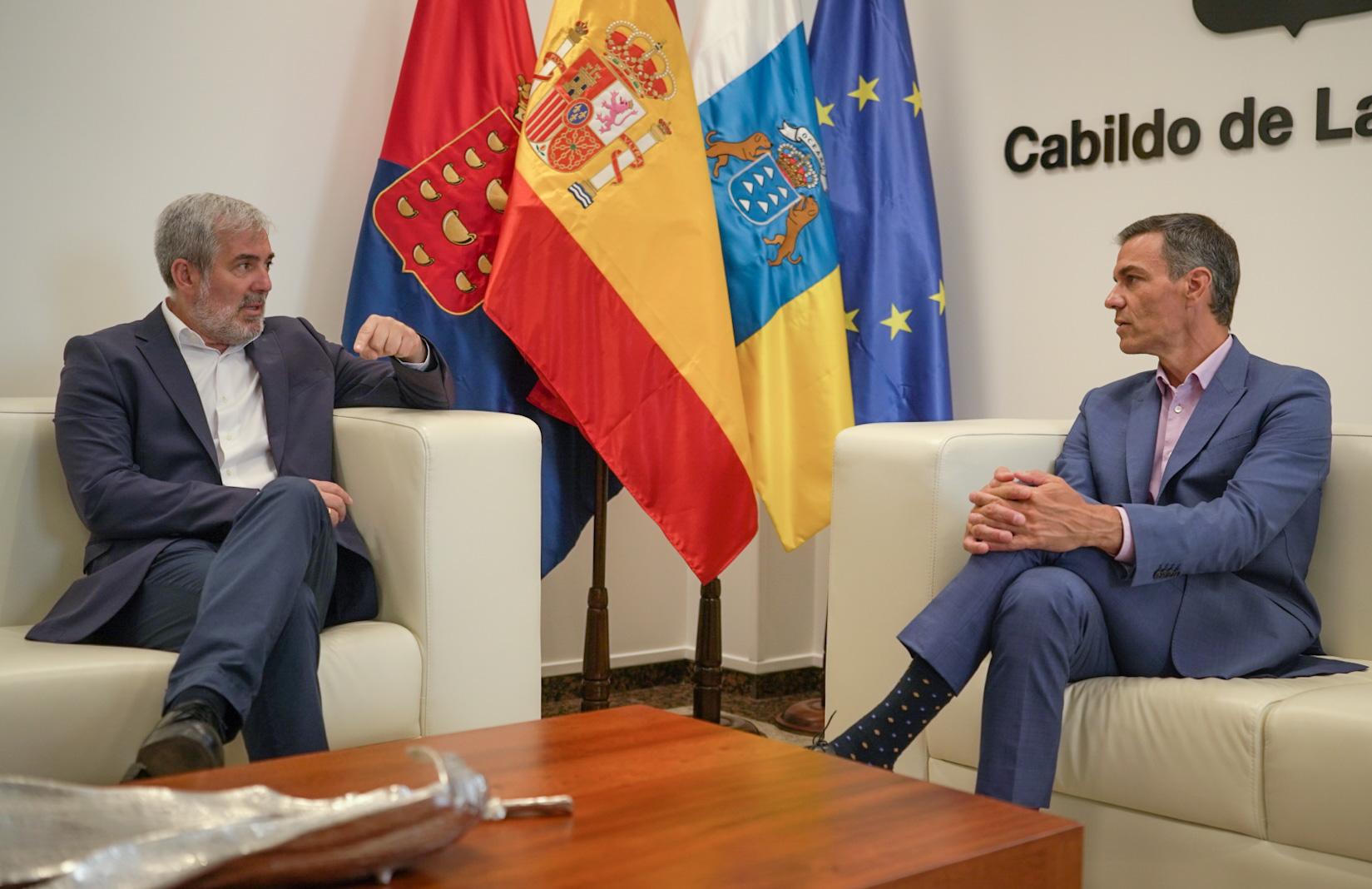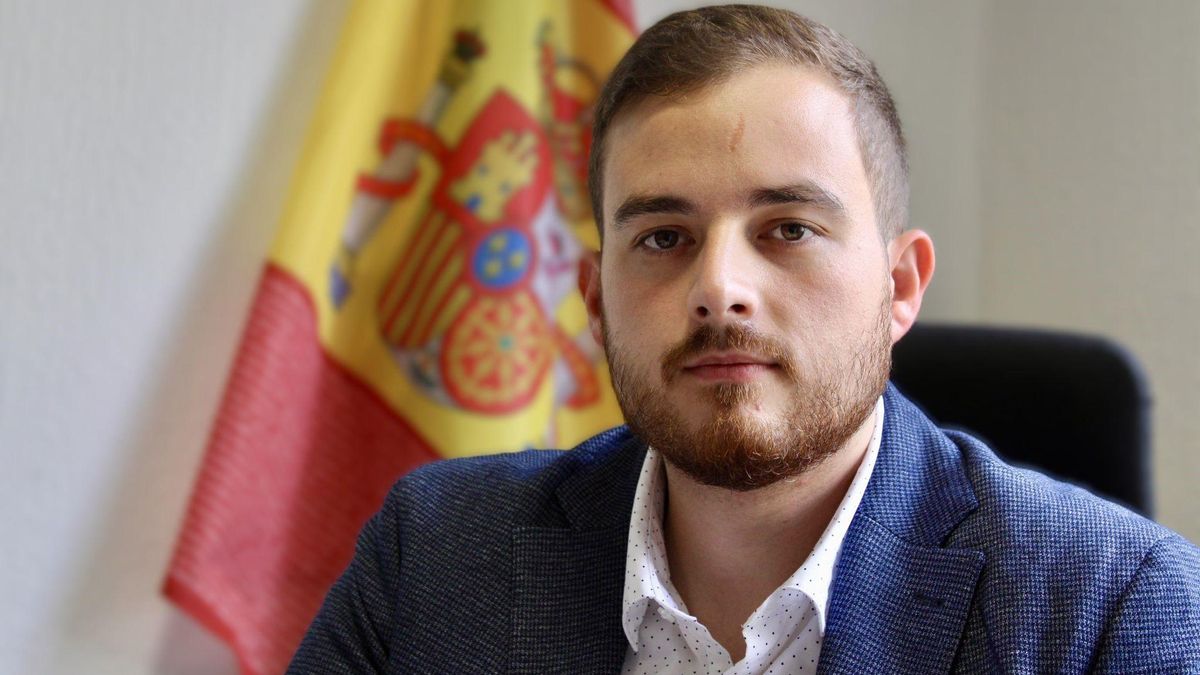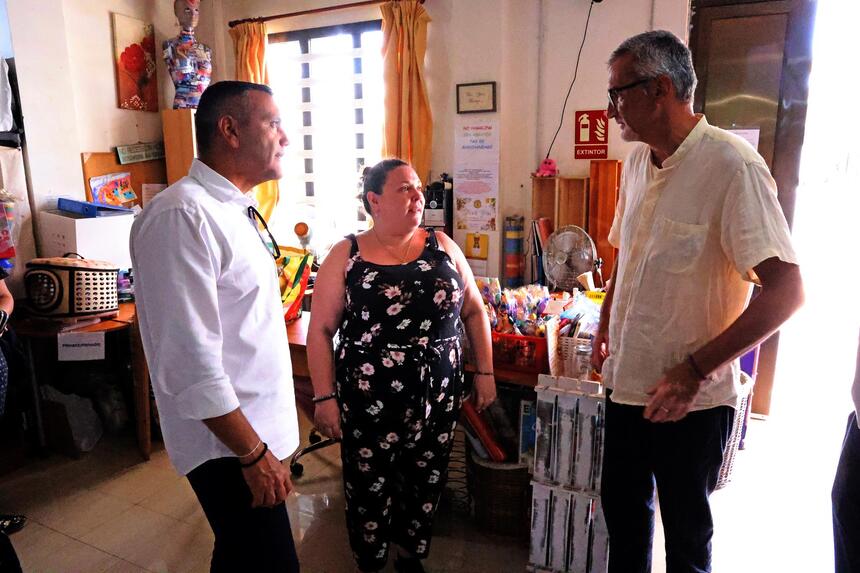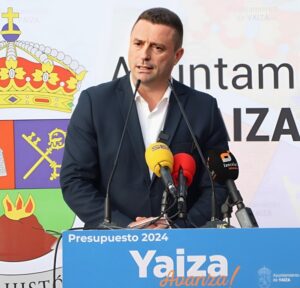
The President of the Canary Islands, Fernando Clavijo, proposed today in Lanzarote to the President of the Spanish Government, Pedro Sánchez, the drafting of a Royal Decree with specific topics for the Canary Islands to fulfil the commitments made following the signing of the Canary Agenda.
In this regard, Clavijo offered “to draft it ourselves and seek the necessary support for its approval, as we have done with issues concerning minors, because time passes and matters vital to our land are placed second, being included in omnibus decrees that fail to gain majorities in Congress or waiting for General Budgets that never arrive.”
After the last meeting held on the Canary Agenda last July, “the need to relaunch the Canary Agenda and the commitment of the governmental interlocutors in this regard was already evident, but so far nothing has been done,” lamented the president.
Therefore, “the issues that should be included in that Decree” are the guarantee of a 60% tax deduction on income tax for the citizens of La Palma and its reconstruction. While waiting for the agreed funds to arrive, we should be able to use the surpluses from local corporations for the reconstruction of the island as well as to cover the costs of caring for unaccompanied minors.
Furthermore, Clavijo emphasised the importance of including the advance payment of the debt owed to the Canary Islands under the additional POSEI framework, a line of aid funded by the Spanish Government as a complement to the EU’s compensation measures to promote the primary sector in the Outermost Regions (RUP). Currently, there is a debt of €24.93 million corresponding to the financial years of 2023, 2024, and 2025.
Concurrently, the Canary president insisted that the reinforcement of the electrical system in the Canary Islands should also be included in that Decree, “as the infrastructure is outdated, there is always the risk of experiencing blackouts like those suffered in Tenerife and La Gomera, and more recently in La Palma. We must also evaluate the installation of portable infrastructures in Lanzarote or Fuerteventura,” islands where hydraulic works are urgently needed to address the water emergency.
Fernando Clavijo reiterated that these are vital issues for the islands and for the people of the Canary Islands, just as the update of standard transportation costs, the extension of the road agreement, and the sufficient and necessary funding to complement non-contributory benefits in the Canary Islands, of which the majority of beneficiaries are women.
In the meeting held at the Cabildo of Lanzarote, there was also the opportunity to assess the outstanding funds related to Employment and Poverty Plans that are in processing, “and in the end we need to give a push in the last quarter, which complicates management; therefore, we have agreed to resume meetings to make them effective, as they are included in the extended budgets,” he added.
Another demand that Fernando Clavijo raised with Pedro Sánchez is the need for the State to get involved in the strategy, promoted by the regional government, with Portugal and France to defend, at the European level, the status of Outermost Region and to ensure that their specific funds are not reduced in the next Union Budget. “In this matter, the President has concurred with the Canary Islands’ position that funds should not be transferred to the member States because if the way to accommodate the Canary Islands in the European Union disappears, our advantages for progressing on equal terms with other territories would also vanish.”
Regarding the transfer of minors entitled to asylum, Clavijo insisted to President Sánchez that their transfer must be expedited, as more arrive than leave, and this does not solve the situation for these children, nor their overcrowding situation, which, let us remember, the Supreme Court has urged to resolve. “On our part, we have informed him that we know the NGOs that have places to accommodate them,” he added.













